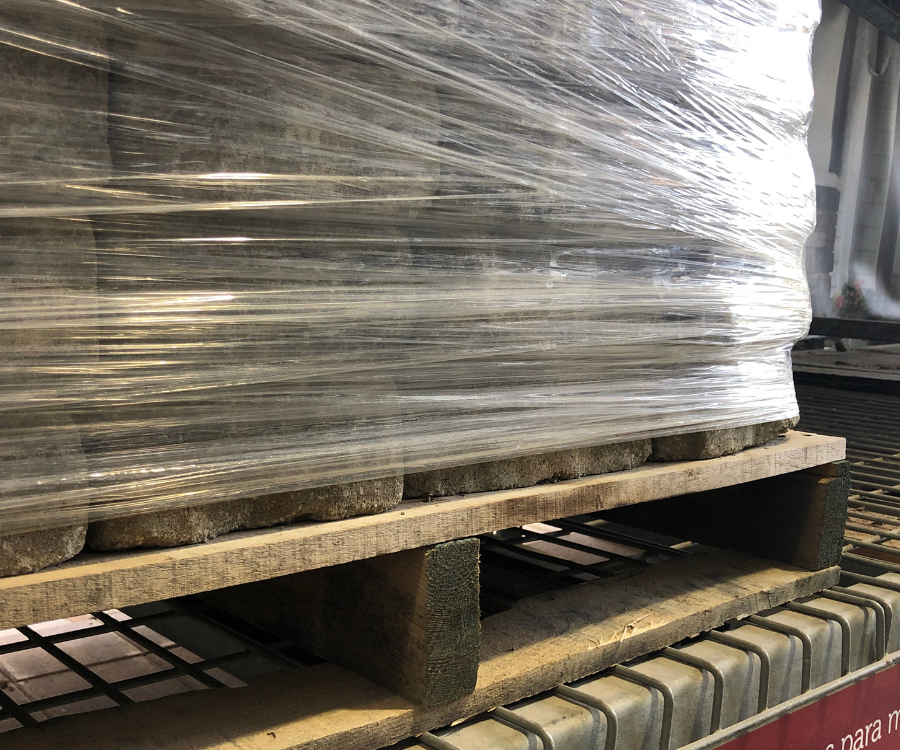On the 1st April 2022, the Government introduced the plastics packaging tax (PPT). This affects businesses that manufacture or import plastic packaging, including the import of packaging which already contains goods (such as plastic bottles).
In summary, the plastic tax includes:
- The rate of tax will be £200/tonne on plastic packaging that contains less than 30% recycled plastic, and which is manufactured or imported into the UK (including packaging on finished goods which are imported)
- The aim of the legislation is to encourage the use of recycled plastic and to stimulate levels of recycling and plastic waste collection so that plastic waste is diverted from landfills and incinerators.
- If a business meets the 30% recycled content threshold and has tax liability arising from PPT, registration will still be required
The PPT will apply to plastic packaging manufactured in, or imported into, the UK where the plastics used in packaging manufacturing is less than 30% recycled. Plastic packaging is assumed to not meet the recycled content test unless you can prove otherwise. UK companies importing goods from overseas may be required to gather information on packaging content from their suppliers, and become the liable company for taxable plastic in their packaging.
How will the plastics tax affect you?
As the scope of PPT is relatively broad, it will affect a wide array of businesses. If you are a UK producer of plastic packaging, importer of plastic packaging or a consumer who buys goods in plastic packaging in the UK, then you are likely to be affected. In short, the tax will mean that businesses are charged a premium for buying single-use plastics for packaging and consumers purchasing said item, might also see the effects in a price increase.
There are three main groups of businesses that will be affected:
1. Businesses that manufacture or import 10 tonnes or more of plastic packaging per year. If this is your business, you will have to register for the tax.
This doesn’t mean if your business falls into this category that you’ll have to pay, but any business meeting this criteria has to register. If your packaging then contains less than 30% recycled content and doesn’t meet any of the exemptions below, you will have to pay PPT. It’s these businesses that will be the most affected by the Plastic Packaging Tax.
2. Businesses that import or manufacture less than 10 tonnes of plastic packaging. If your business does, you may be exempt from the tax itself but you will need to keep records of your packaging. This includes records to show:
- The total weight of packaging imported or manufactured.
- The calculations you’ve used to determine if your packaging is plastic packaging.
- The weight of packaging that’s exempt and the reason why it’s exempt.
- The weight of any plastic packaging you export, which can contribute to relief from PPT.
3. Customers of those importers and manufacturers will be affected. As costs increase for these businesses because of the Plastic Packaging Tax, it’s likely they will pass on some or all of that cost to customers. This means PPT could affect businesses in any industry, including food and beverage, fashion and electronics. If you buy plastic packaging, this is the key takeaway: you’re likely to see an increase in prices.
What is the purpose of the plastics tax?
The aim of PPT is to drive more demand for more sustainable materials. Paper-based solutions such as Mailer Boxes, for example, won’t be affected by the tax. These more sustainable types of packaging will offer a way to avoid the knock-on costs of PPT.
If you’re unsure about the impact of PPT on your business, or you require some advice in sourcing for more environmentally friendly packaging alternatives, Groundwork’s Sustainable Business consultants are on hand to offer impartial, tailored sustainability advice. We offer a number of services including Resource Efficiency and Waste Management to help you in enabling your business to become more sustainable.
Contact our environmental expert today to find out more.

